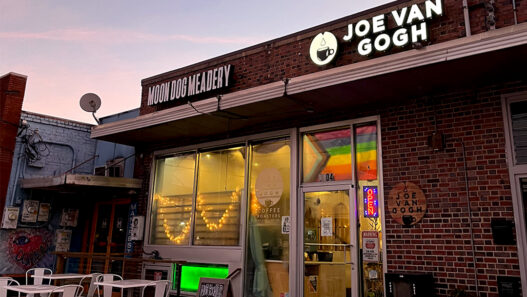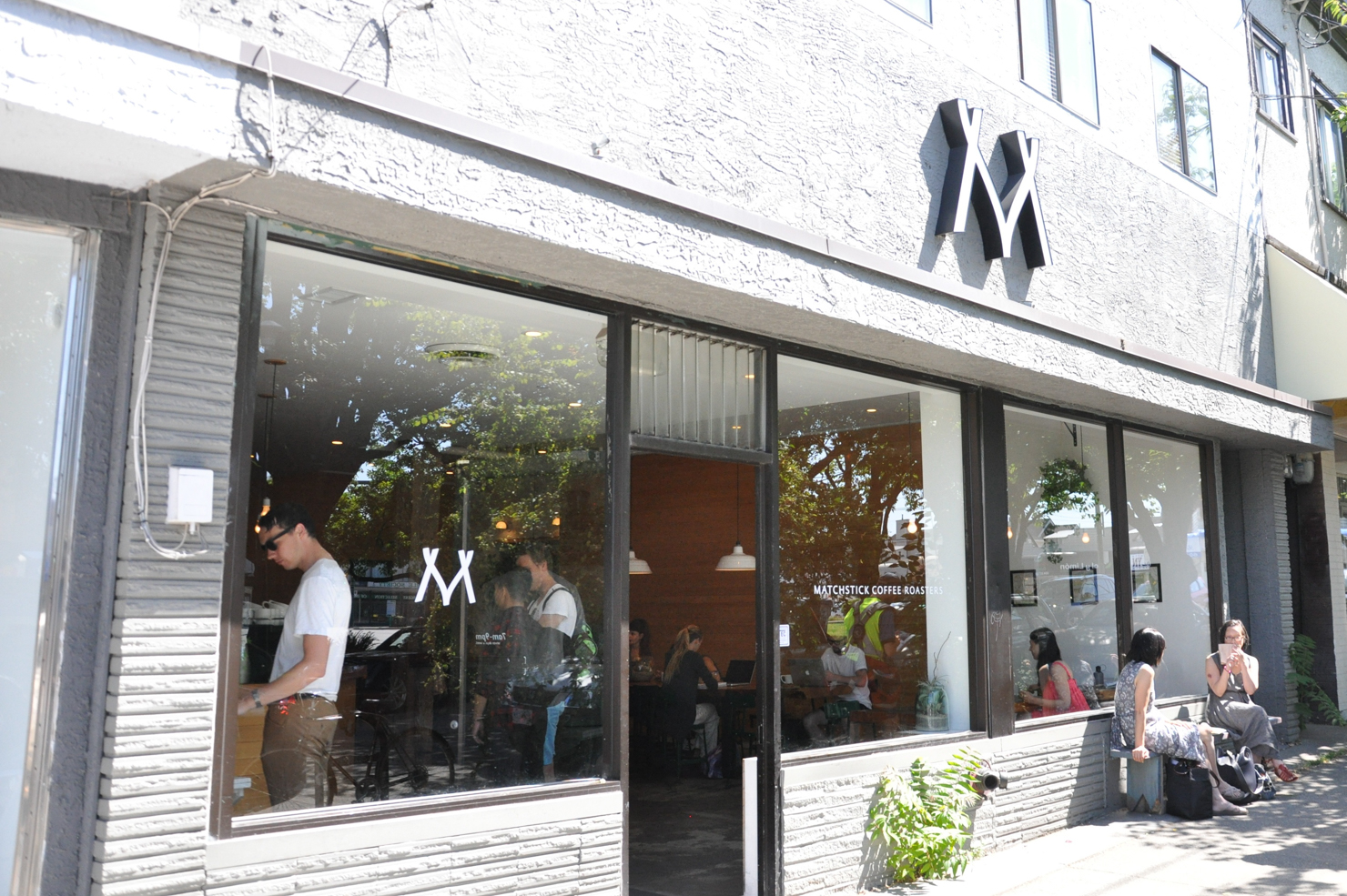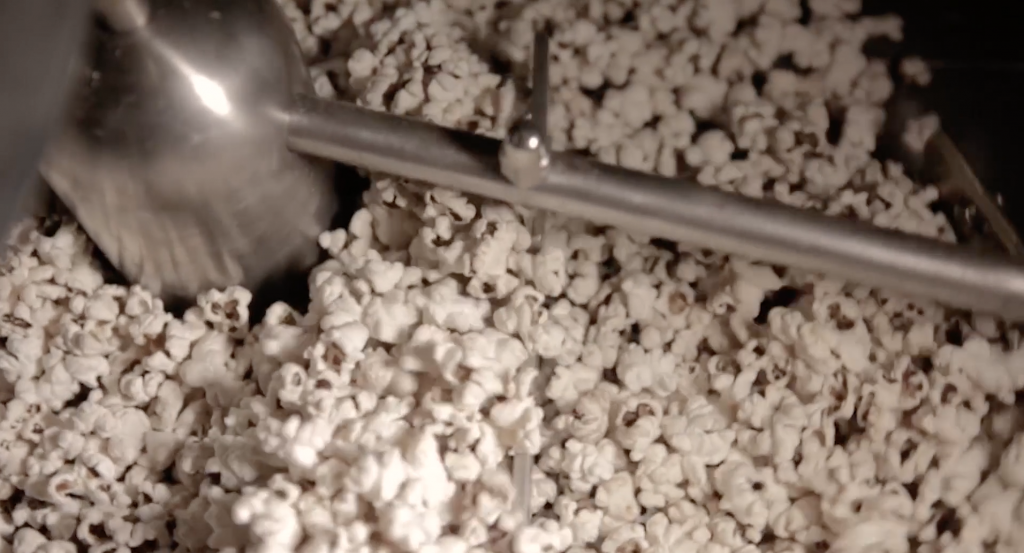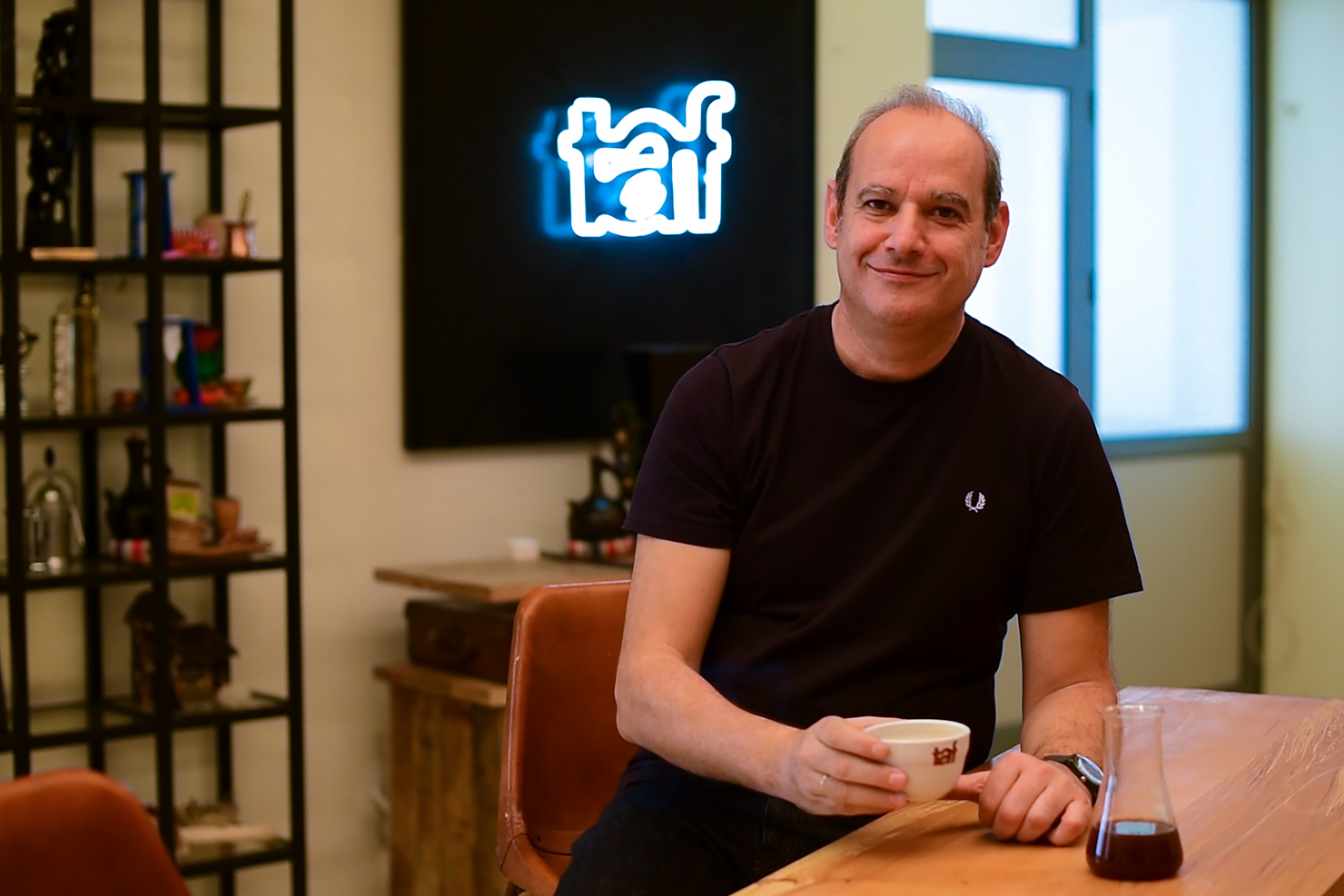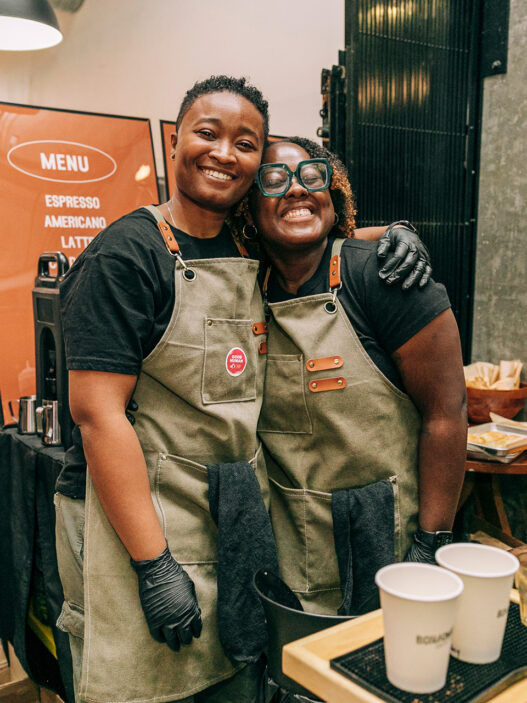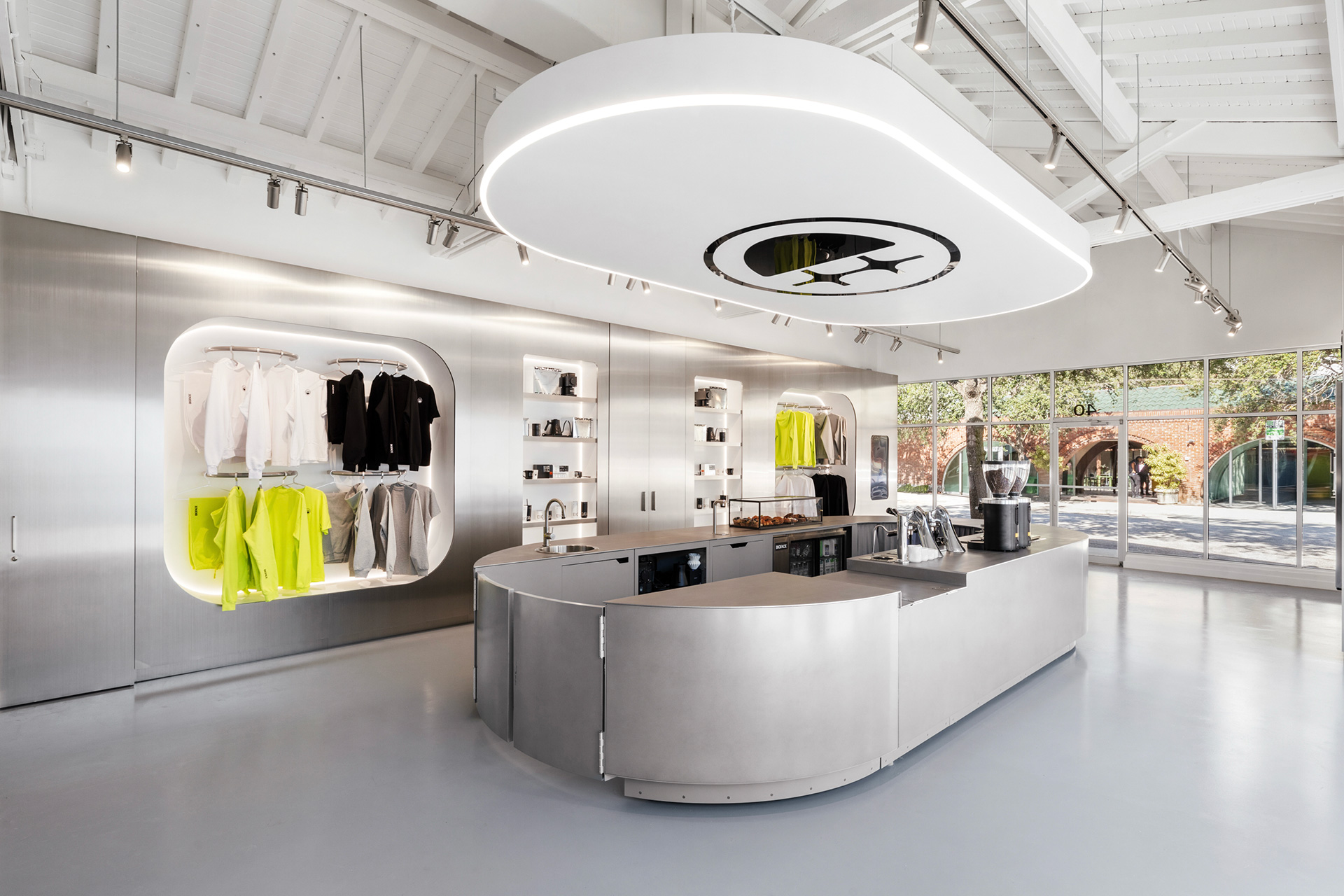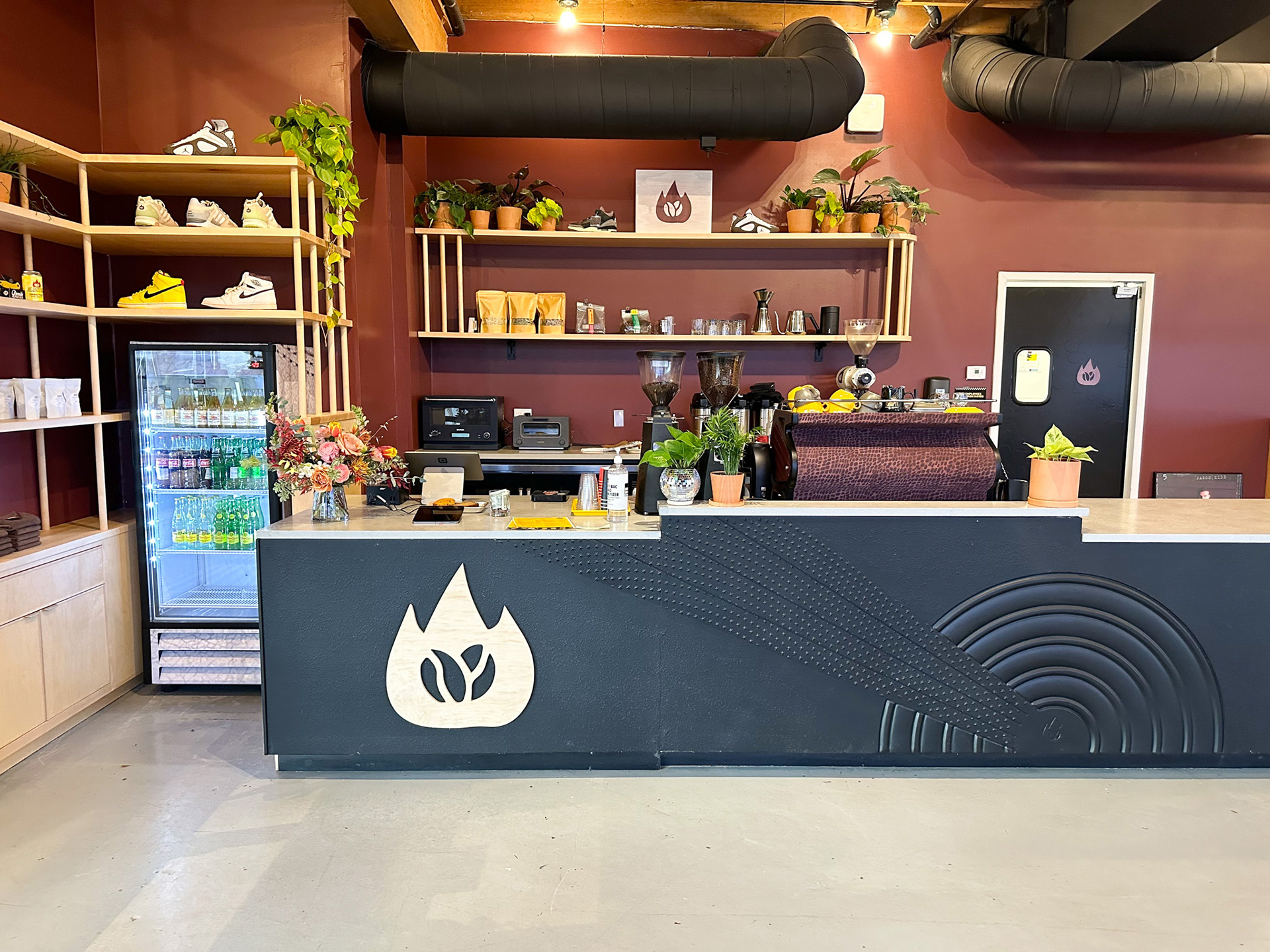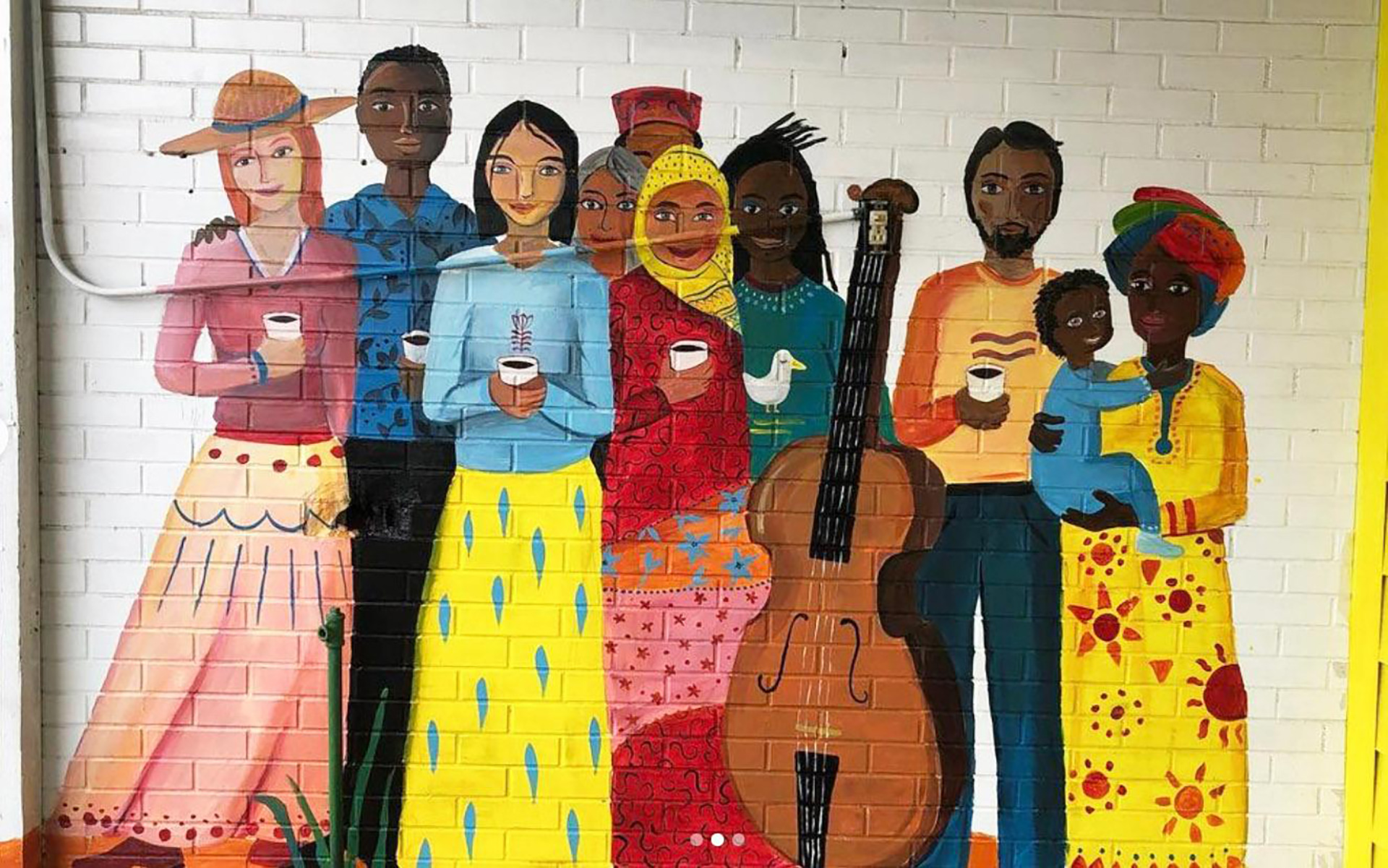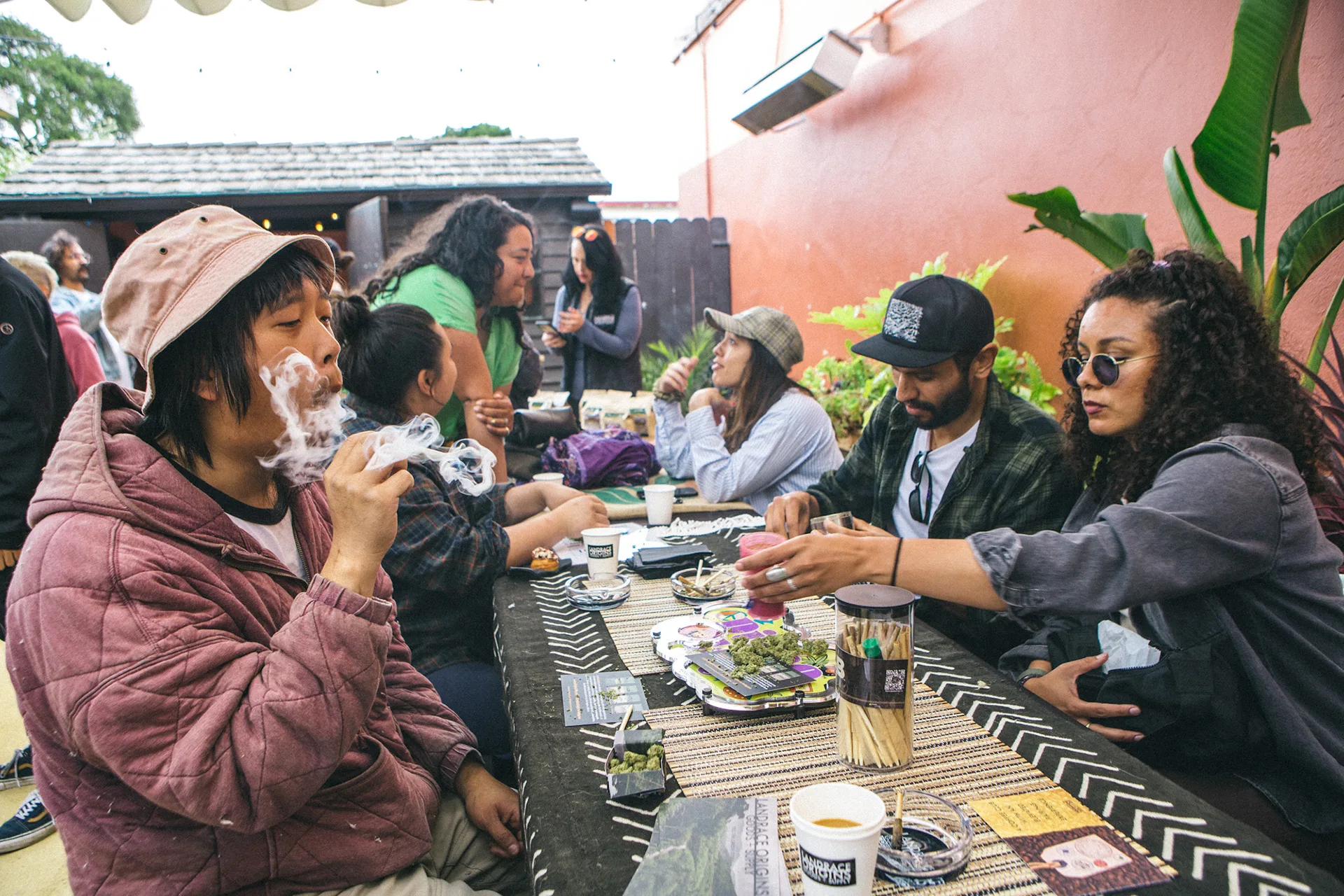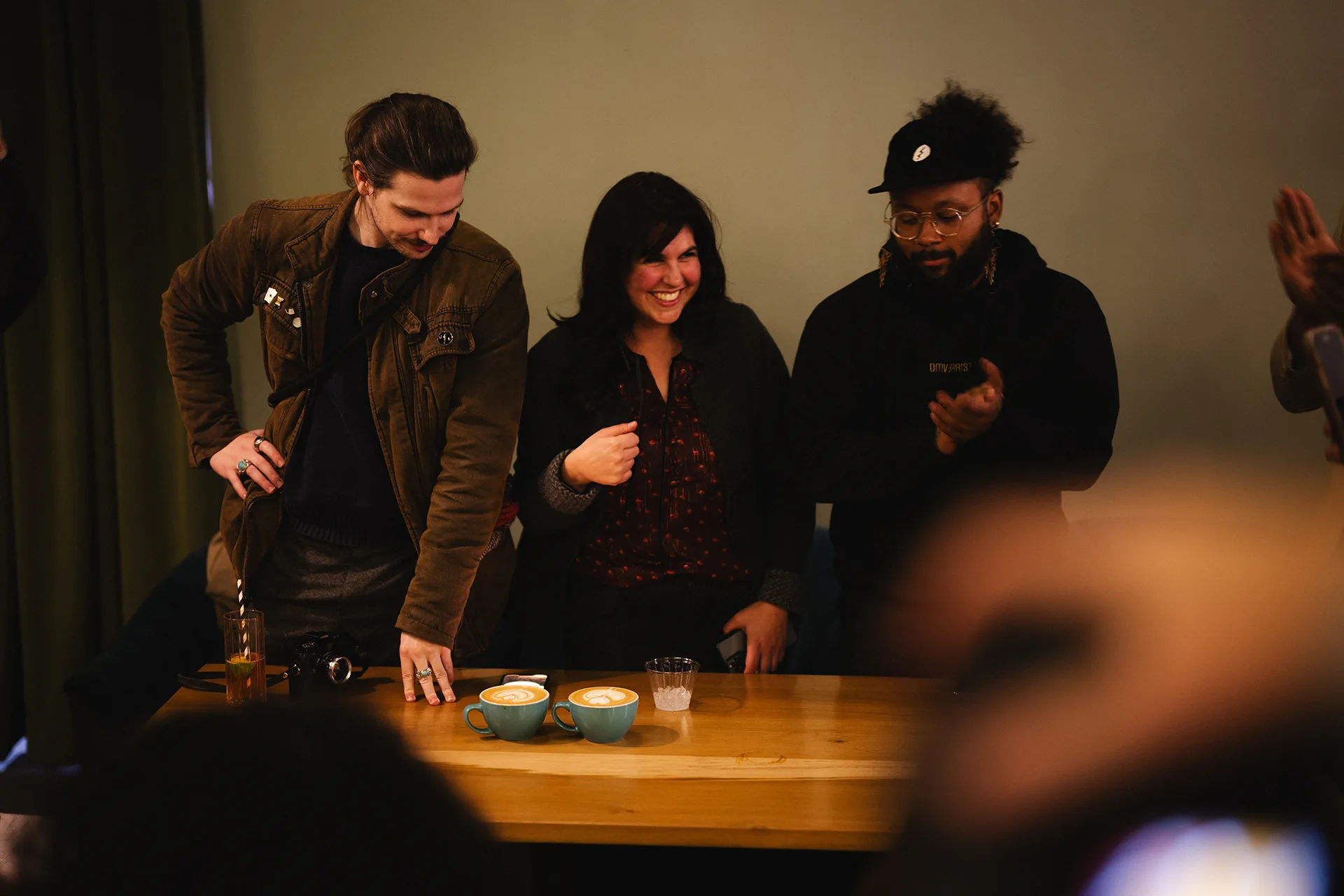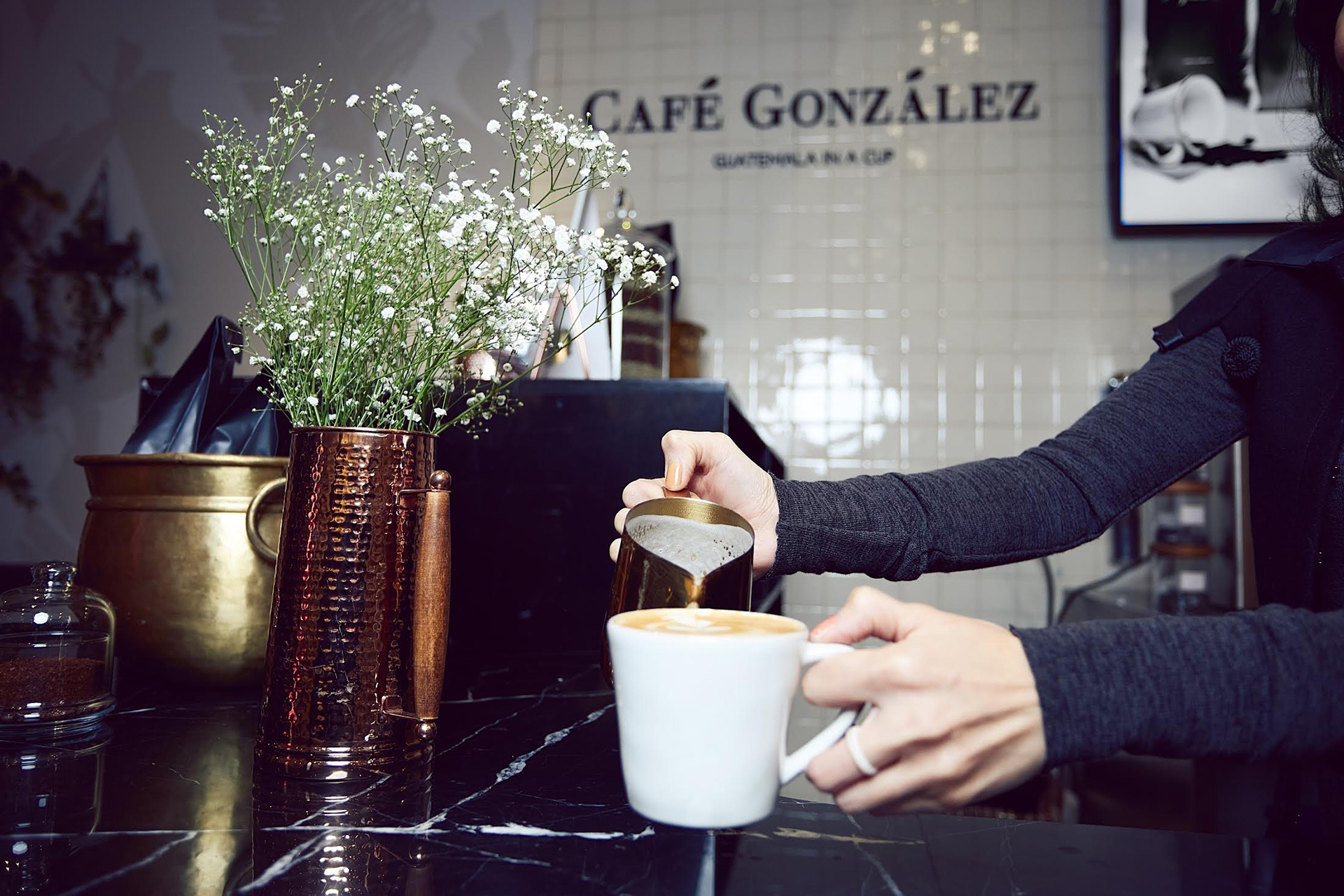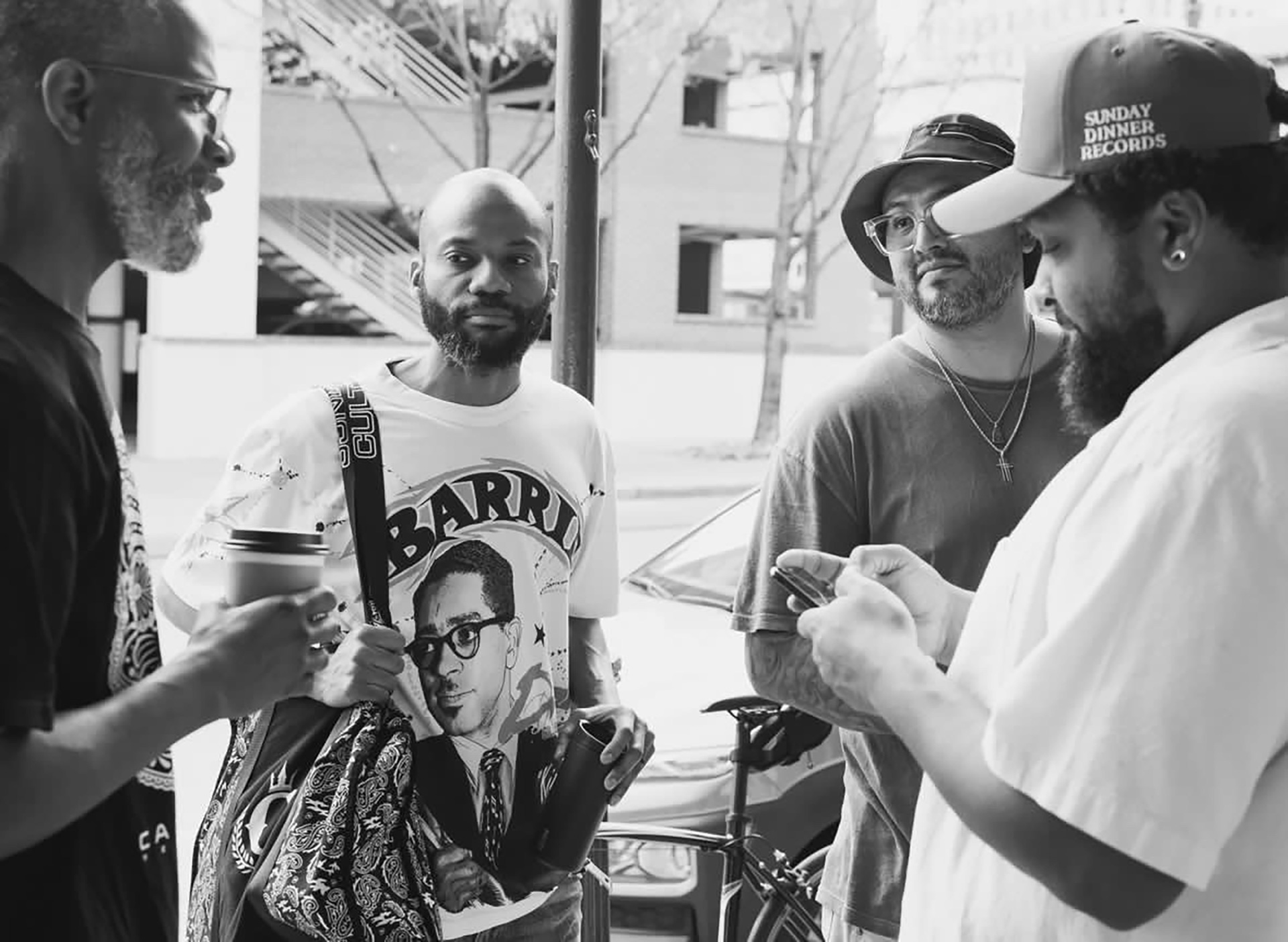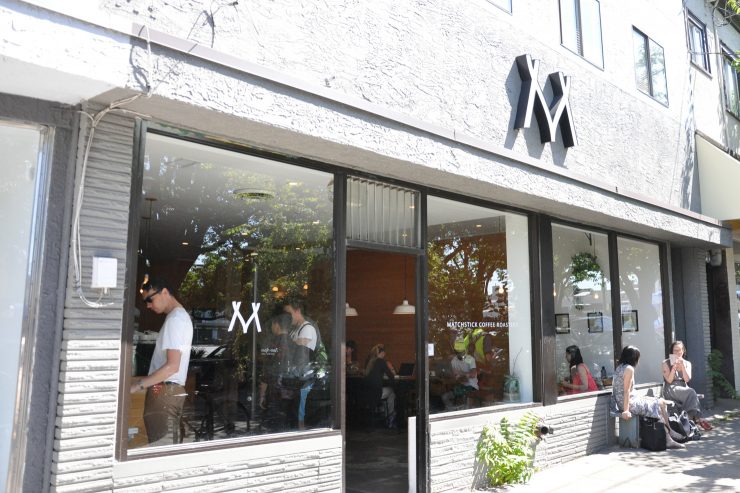
Community is more than a buzzword for Vancouver, British Columbia roasters Spencer and Annie Viehweger, co-founders of Matchstick Coffee. Since opening their flagship cafe in 2012, two additional cafes and a mobile service cart have been added to their portfolio, but in their growth one thing remains consistent: the importance of building relationships.
“From very early on,” Spencer Viehweger says, “our vision for Matchstick was to build a company where hopefully all the staff and especially a core group of people would genuinely feel like it was their company, too.” Throughout the years, baristas have blossomed into roasters and managers, carrying out Viehweger’s vision that a solid team is an investment not only in the company’s future, but also in fulfilling individual dreams.
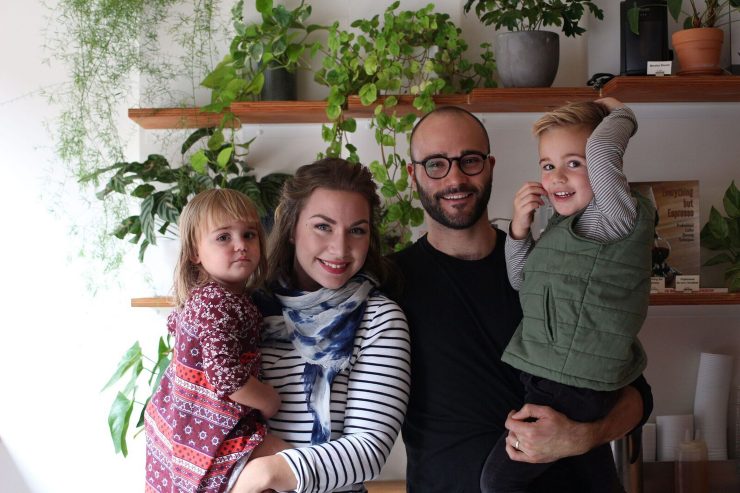
Viehweger insists on recruiting people with a shared passion for coffee and providing those team members with a sense of ownership. “To give them a career position at Matchstick,” he says, “inevitably means we have to go beyond a couple of stores. There’s no real fixed number in our minds, but that would be a primary goal for us to be able to strengthen those relationships internally in our company and to give people that kind of stability we’re all looking for, to ultimately do a job that you really love.”
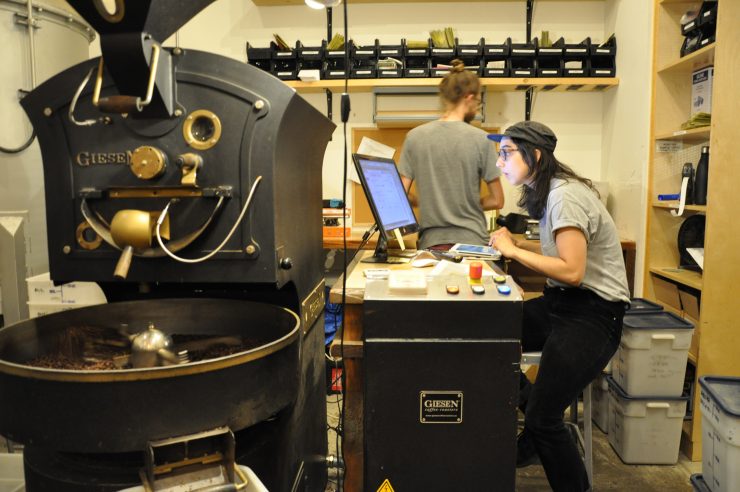
Roasting team manager Rafaela Vidinha spent a number of years in the cafe prior to taking on her leadership role. Part of what she loves about her position is becoming intimate with the technicalities of extraction, temperature, and profiles. “There is so much to learn,” she says. “Specialty coffee is relatively young, so there’s lots of room for innovation.”
Spencer Viehweger, whom Vidinha credits as “the spirit of the place,” splits his time between overseeing Vancouver operations and strengthening relationships with growers. He’s traveled to Colombia, El Salvador, and beyond, but is less focused on the destination than he is on developing long-term relationships. “Establishing trust is important. When you have trust as a foundation, then you can really start to learn from each other,” he says. “That’s our approach in visiting origins and going to producers.”
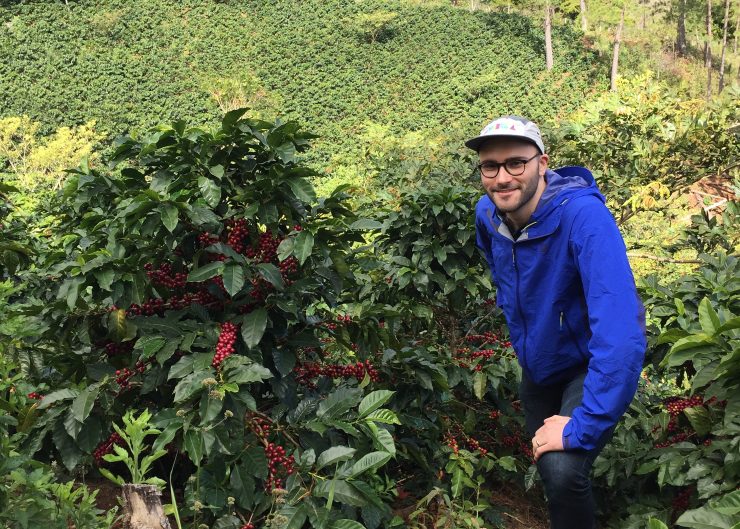
Building a rapport with the local community is equally important to Matchstick and starts with serving a quality beverage. “If you get someone who is just expecting a cup of coffee and they’re floored because they’ve never had coffee like that before,” Spencer Viehweger says, “and they come to you and all the light bulbs go off? Then we’ve engaged someone in that conversation.”
Immersion in the community at large has become easier since the launch of Matchstick Mobile. “We basically put a full commercial setup on wheels,” Spencer Viehweger says, noting the cart uses nearly as much energy as a regular cafe. “The only thing it doesn’t have is a high-tech dishwasher and a ton of lights on it.” The full-service cart is used for private bookings and company events in the region. “A local tech company has done a number of their product launches,” he says, “and we’ll go over there and do coffee service for the day. It’s really fun. You can bring coffee to places where you couldn’t normally get really awesome coffee, which is the whole point of it in the first place.”
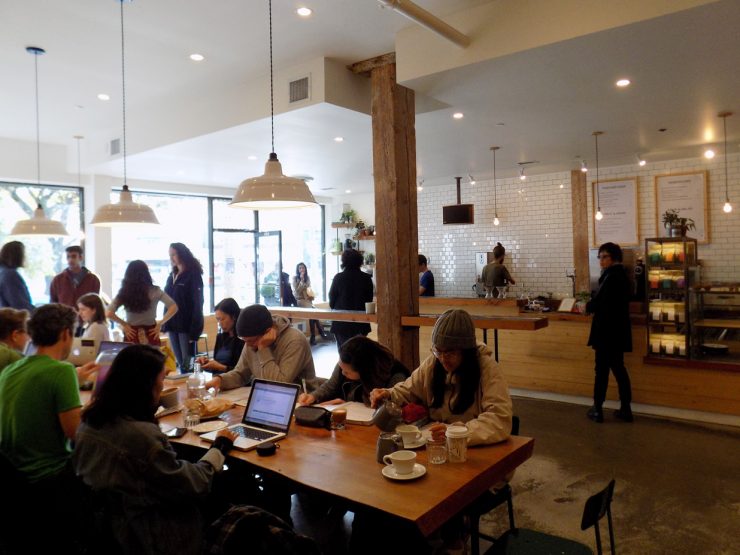
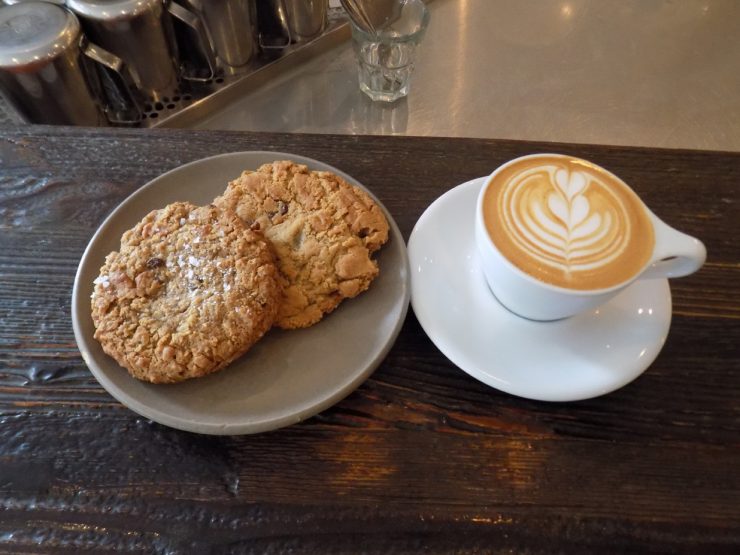
Also new to the Matchstick portfolio is the Riley Park cafe, which opened in late 2016. Spencer Viehweger has little role in the daily operations of Riley Park, but that’s part of his vision to share ownership with the team. “The soul, the beating heart of what Matchstick is supposed to be now, gets to be more than a small collective of individuals,” he says. “As the amount of people on our team grows, the more the Matchstick idea is coming from not just the founding partners anymore, which is really wonderful.”
While growth is an important part of the Matchstick vision, Spencer Viehweger emphasizes size isn’t the only measurement of success. “We want to keep growing as long as everything is getting better. If the coffee is getting better, if the relationships are getting stronger, and our community is getting stronger as well,” he says, “and customers are seeing Matchstick as a place to gather and hang out—if all of that is going in the same direction, then I think that’s healthy growth.”
Lori A. May is a freelance journalist and travel writer based in the Pacific Northwest. May’s work has appeared in The Atlantic, Writer’s Digest, Los Angeles Review, Midwestern Gothic, and many more. Read more Lori A. May on Sprudge.










